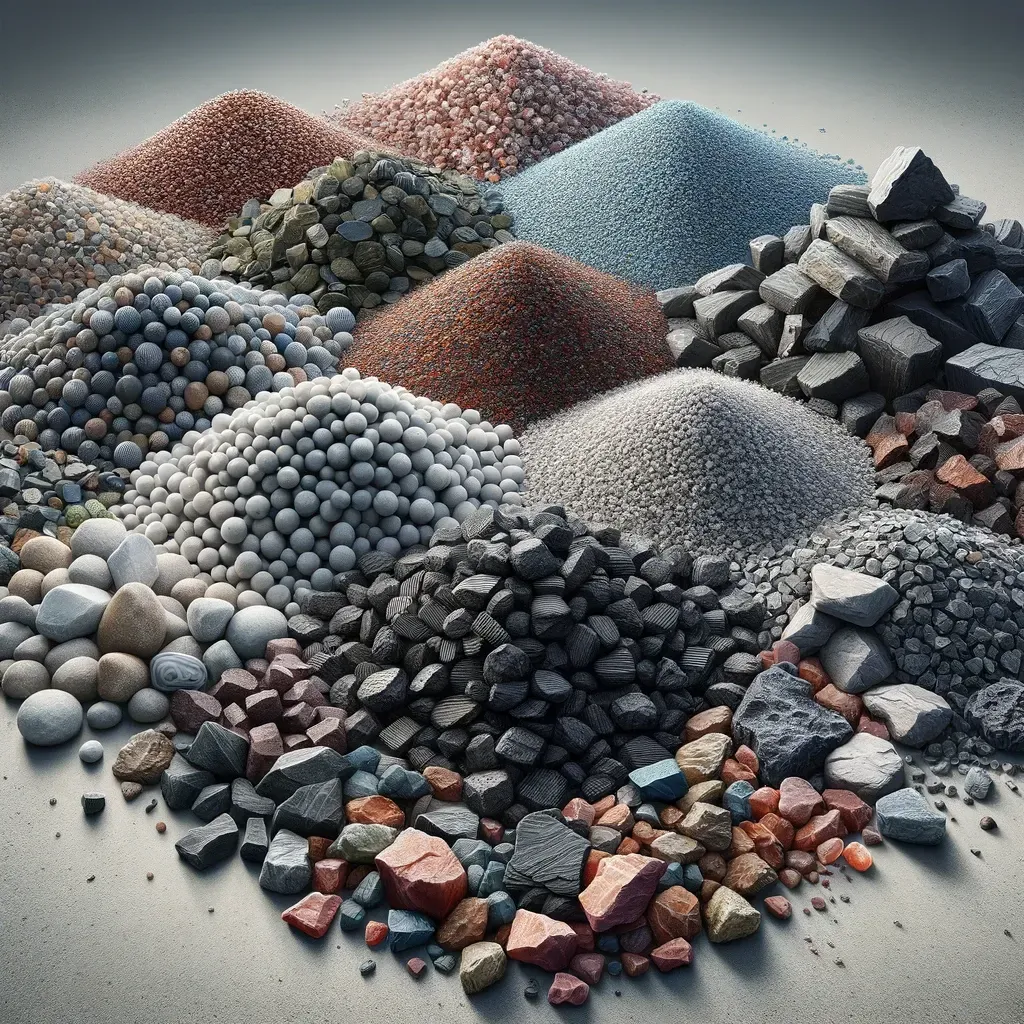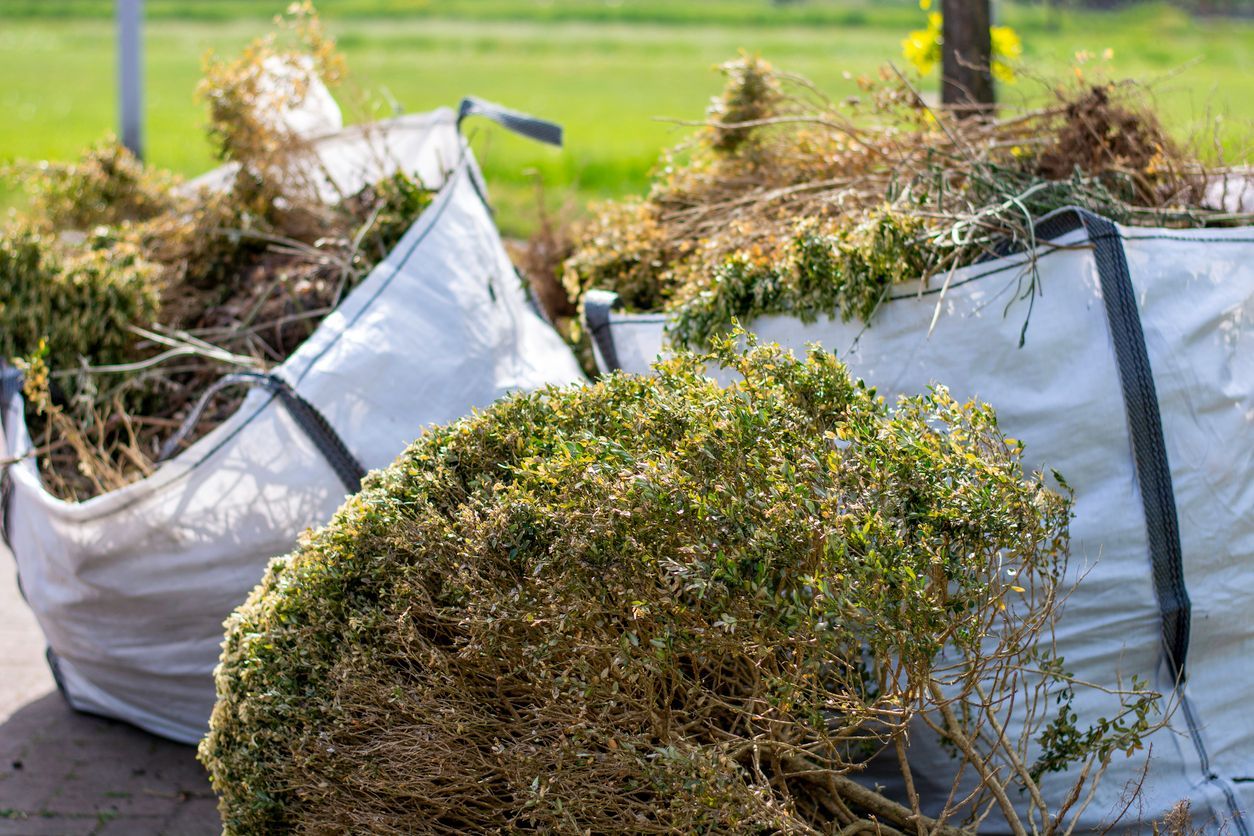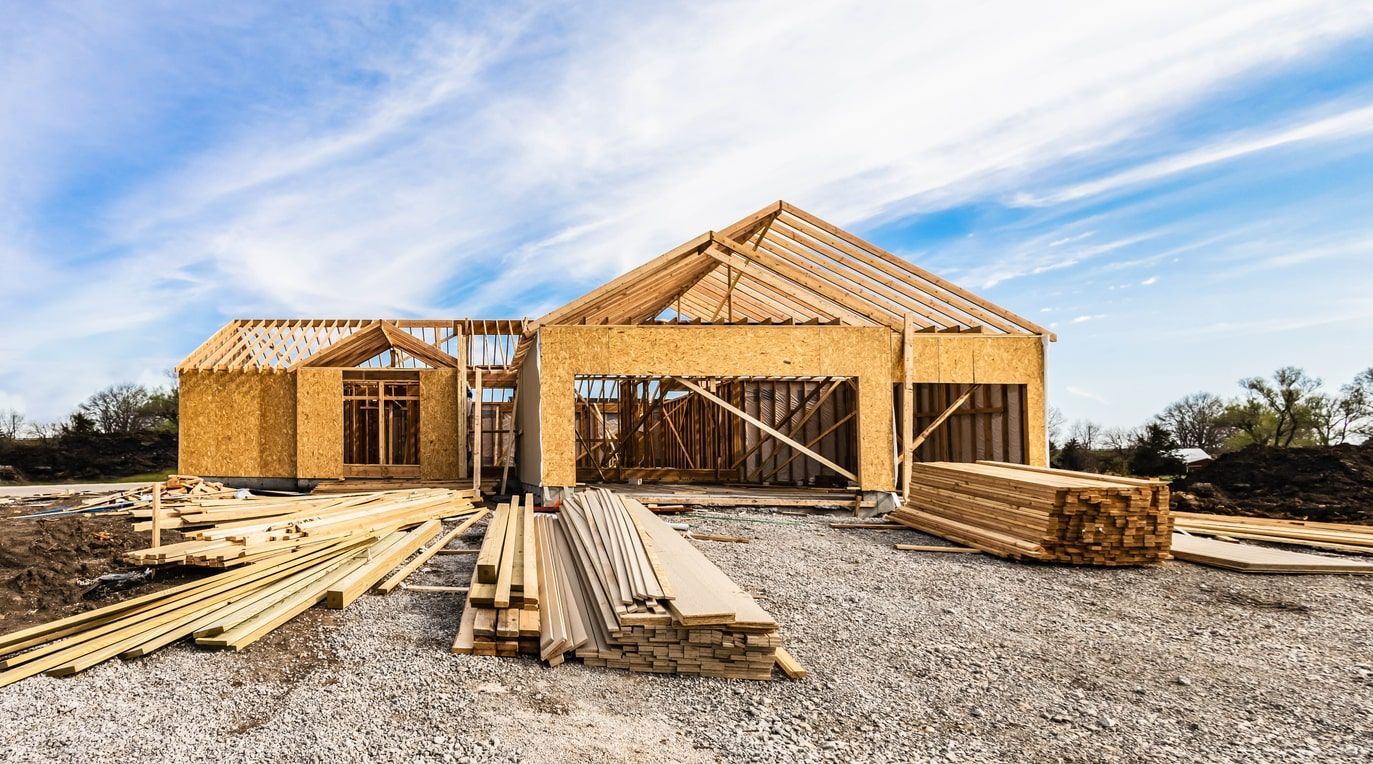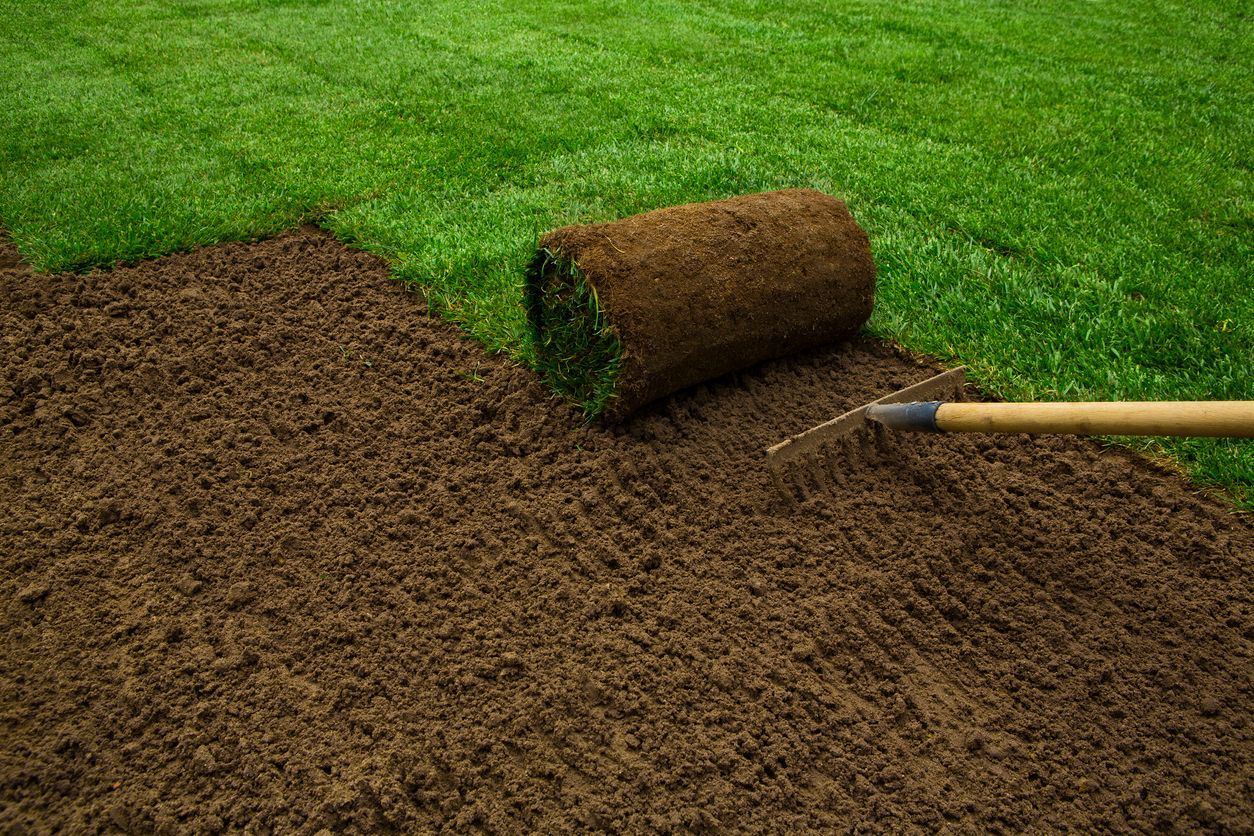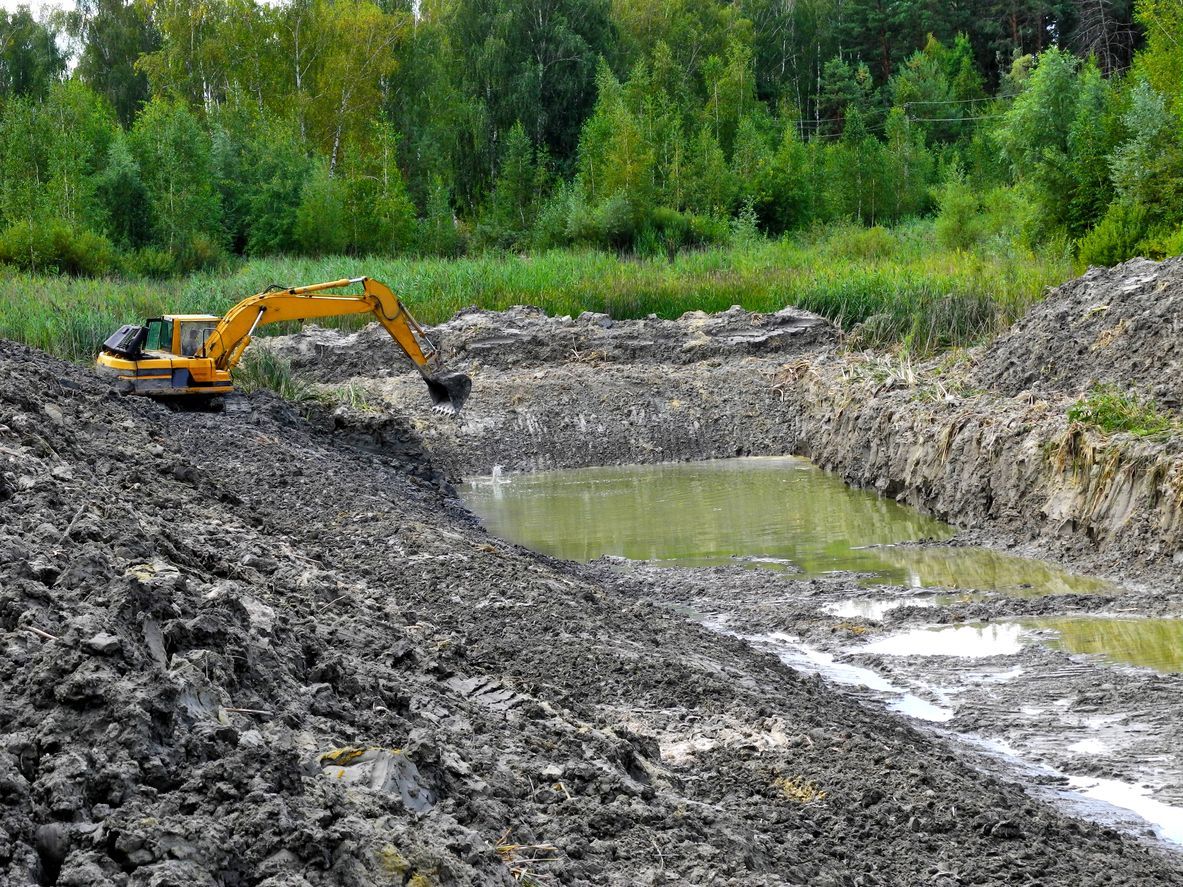Why Hiring Landscapers with Heavy Machinery is a Game-Changer
Date:
In the world of landscaping, the right tools can make all the difference. While small-scale, "neighborhood"-style landscapers offer a personal touch, larger landscaping companies equipped with heavy machinery bring a level of efficiency, capability, and expertise that is unmatched.
This post will delve into why investing in a landscaper who has the right heavy equipment, like excavators, can transform your project from just another job into a standout success - often in less time, with fewer headaches, and for a lower cost.
The Power of Heavy Equipment
Landscaping projects vary significantly in scope and complexity, ranging from simple garden maintenance to complex grading and site preparation for large installations.
The use of heavy machinery, such as excavators, skid steers, and backhoes, can be pivotal. These tools are not just enhancements; they are often necessities for effective, efficient work on larger properties or those with challenging terrains.
Manpower can get the job done, of course, but how long will it take and how much will that labor drive your price up? Some common areas landscaping activities take much longer without expertise and experience using heavier equipment:
- Irrigation
- Trenching/Drain installation
- Grading
- Excavating
- Sod installation
- Tree and brush removal
- Bed removal
- Pond digging
Efficiency and Time Savings
Heavy machinery dramatically speeds up the process of landscaping. Tasks that would take a small team days or even weeks can be completed in a matter of hours with the right equipment.
For instance, an excavator can prepare a garden plot or clear brush from a large area quickly, digging, lifting, and moving earth with precision and speed. This efficiency translates into direct cost savings for you, as the reduced labor hours will likely offset the cost of hiring more sophisticated contractors.
Capabilities Beyond the Basics
Smaller landscaping firms often specialize in maintenance and light planting jobs, lacking the equipment or expertise to tackle more substantial projects. In contrast, landscapers equipped with heavy machinery can take on a diverse range of tasks, including:
- Excavation: Essential for creating foundations for outdoor structures like pools or patios.
- Grading and Leveling: Crucial for preventing future drainage issues and ensuring the longevity of the landscape design.
- Heavy Lifting: Necessary for installing large features like boulders or large tree transplants.
- Trenching: For efficient installation of irrigation systems or underground utilities.
The ability to perform these tasks in-house means that larger landscaping companies can manage a project from start to finish without the need for subcontractors, ensuring a seamless process and accountability throughout the project.
Quality and Durability
Using heavy equipment allows landscapers to achieve a higher standard of quality and durability in their work. Properly graded land, for example, prevents water accumulation that can lead to erosion or foundation problems in the future. An experienced operator can achieve a precise grade that smaller equipment simply cannot match.
Considerations for Choosing a Landscaper
When deciding on a landscaper, consider the scale and requirements of your project. Here are some tips to help you make the best choice:
Evaluate the Project Scope
Assess the size and complexity of your project. If it involves major earth-moving, grading for drainage, or the installation of large structures, a landscaper with access to heavy machinery is almost certainly necessary.
Check for Experience and Credentials
Look for landscaping companies that not only have the right equipment but also have experienced operators who are licensed and insured. These qualifications are often indicative of a company’s commitment to quality and safety.
Ask for References and Portfolios
A reputable landscaper should be able to provide a portfolio of past projects and references from previous clients. This will give you an idea of their capability and the quality of work you can expect on your own project.
Understand the Costs
While hiring landscapers with heavy machinery might seem more expensive initially, the overall efficiency and quality can result in lower total project costs. They can accomplish more in less time and handle unexpected challenges more adeptly, which can help avoid costly delays and do-overs.
Conclusion
Choosing the right landscaper is crucial for the success of any significant landscaping project. Landscapers equipped with heavy machinery bring a level of professional capability that small-scale operators simply cannot match. They can tackle a wider variety of tasks, complete projects faster, and achieve better results. This capability often translates into significant cost savings, better quality, and less hassle throughout the landscaping process.
For anyone planning a major landscaping overhaul or working on a tricky terrain, the investment in a professional landscaping company with the right equipment is not just a good choice—it’s essential. Remember, when it comes to landscaping, having the right tools and expertise not only transforms your property but also ensures the work done today will stand the test of time.
At West Way, we've spent our entire careers in North Alabama landscaping using the right equipment for the job. Our incorporation of heavy machinery when needed gives you a better result often with much less time, manpower, and money.
Contact us today for your next landscaping project, large or small.
